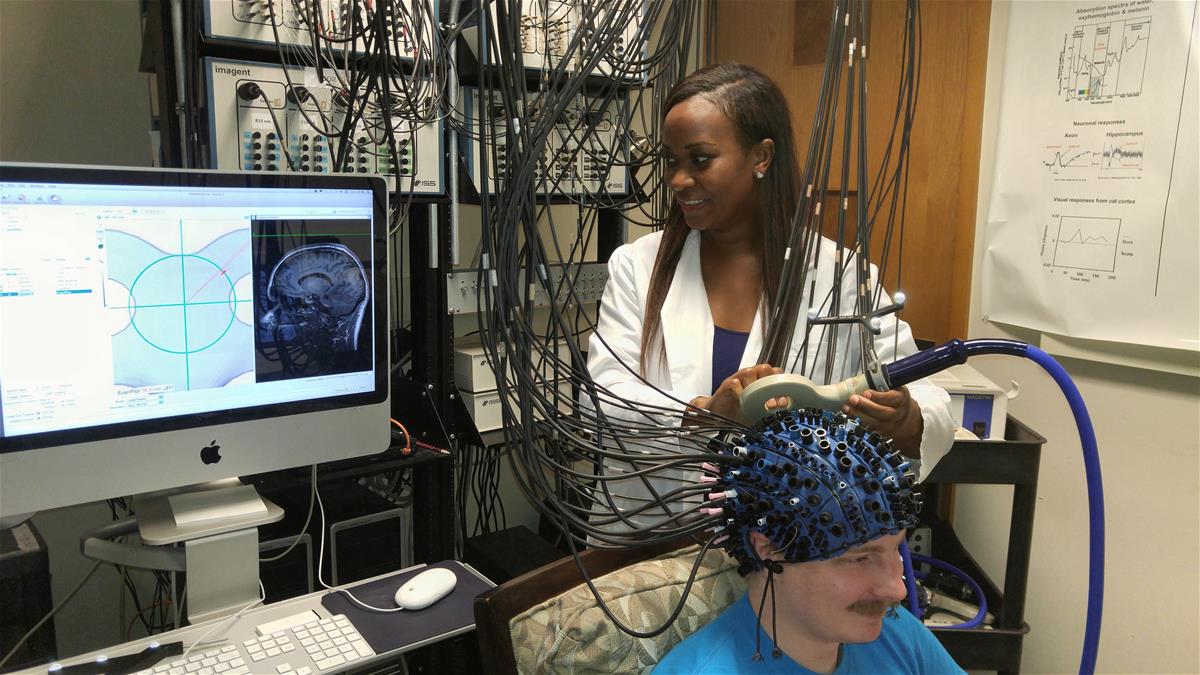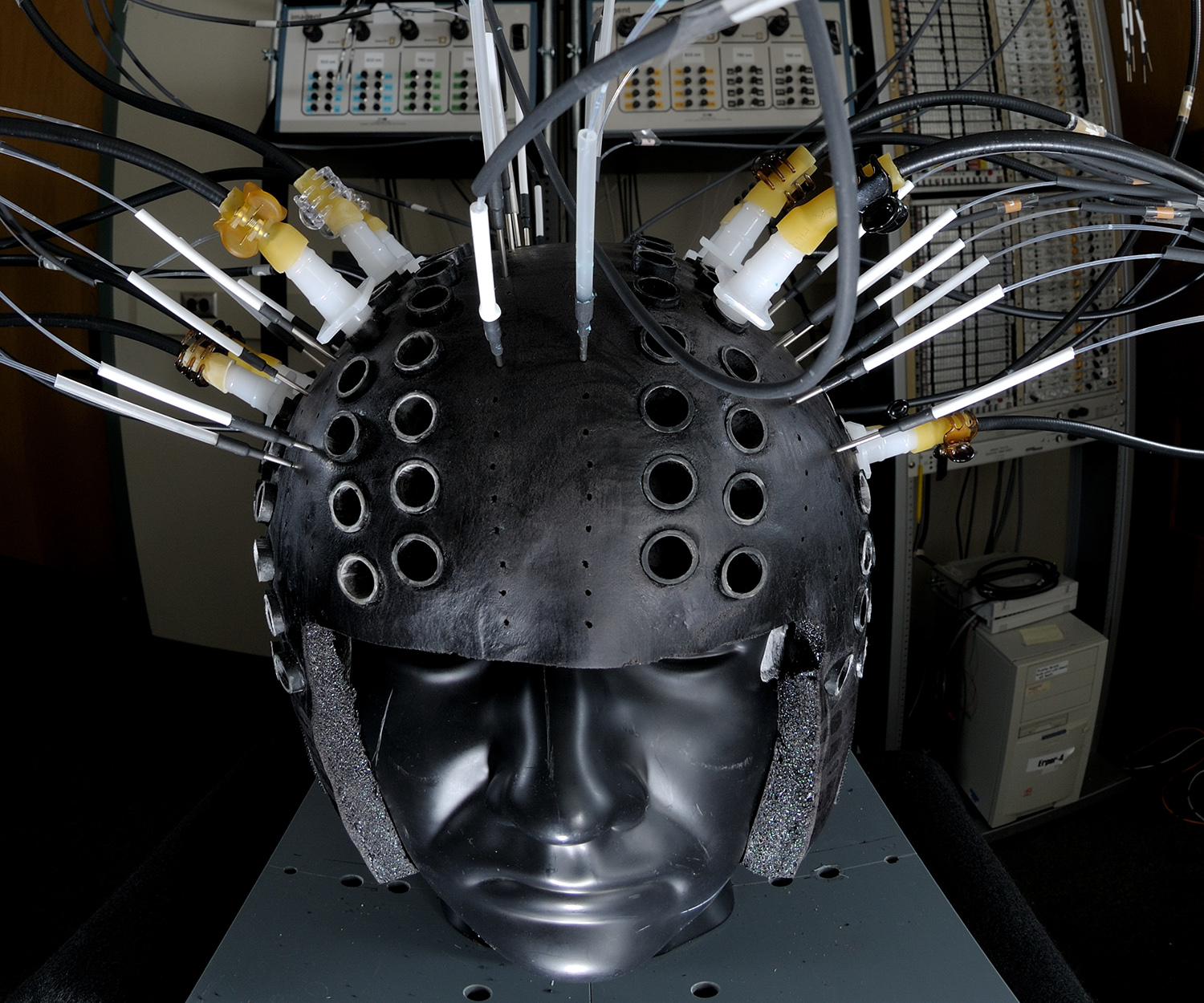Mechanisms of Cognitive Control

Linking brain activity to intelligent behavior
Our brains are dynamic and flexible. Their ability to constantly redirect our attention, regulate our emotional systems and update our behavior accordingly is a crucial part of interacting with our world. By understanding the fundamentals of these processes, we can improve them in both humans and machines.
Linking brain activity to intelligent behavior
Our brains are dynamic and flexible. Their ability to constantly redirect our attention, regulate our emotional systems and update our behavior accordingly is a crucial part of interacting with our world. By understanding the fundamentals of these processes, we can improve them in both humans and machines.
The Mechanisms of Cognitive Control working group includes psychologists, clinical scientists and speech and hearing scientists. Together, they image the brain and study its mechanisms using methods such as electroencephalogram, functional magnetic resonance imaging, optical imaging and patient studies.

Members of this group:
- Explore how changes in brain activity can be linked to different stages of information processing
- Research why some images, objects and events are more noticeable and memorable than others, and what brain mechanisms determine these differences
- Study how traumatic experiences affect memories, with applications for understanding eyewitness testimonies, memory decline and PTSD
- Investigate factors correlated with hearing conditions like tinnitus, which contribute to diagnosis and treatment
Members of this group:
- Explore how changes in brain activity can be linked to different stages of information processing
- Research why some images, objects and events are more noticeable and memorable than others, and what brain mechanisms determine these differences
- Study how traumatic experiences affect memories, with applications for understanding eyewitness testimonies, memory decline and PTSD
- Investigate factors correlated with hearing conditions like tinnitus, which contribute to diagnosis and treatment
Group leader
- Gabriele Gratton
Labs within this group
- Beckman Institute announces 2025 fellowship, award recipients
- Code, cognition and creativity: Shagun Ajmera’s path to understanding the brain
- Meet the 2024 Beckman Institute Graduate Fellows
- Take a look around: how emotion boosts memory for context
- Karen Tabb Dina co-leads effort to address perinatal metal health issues
- Rice’s research highlights fall risks for wheelchair users
Beckman Institute for Advanced Science and Technology